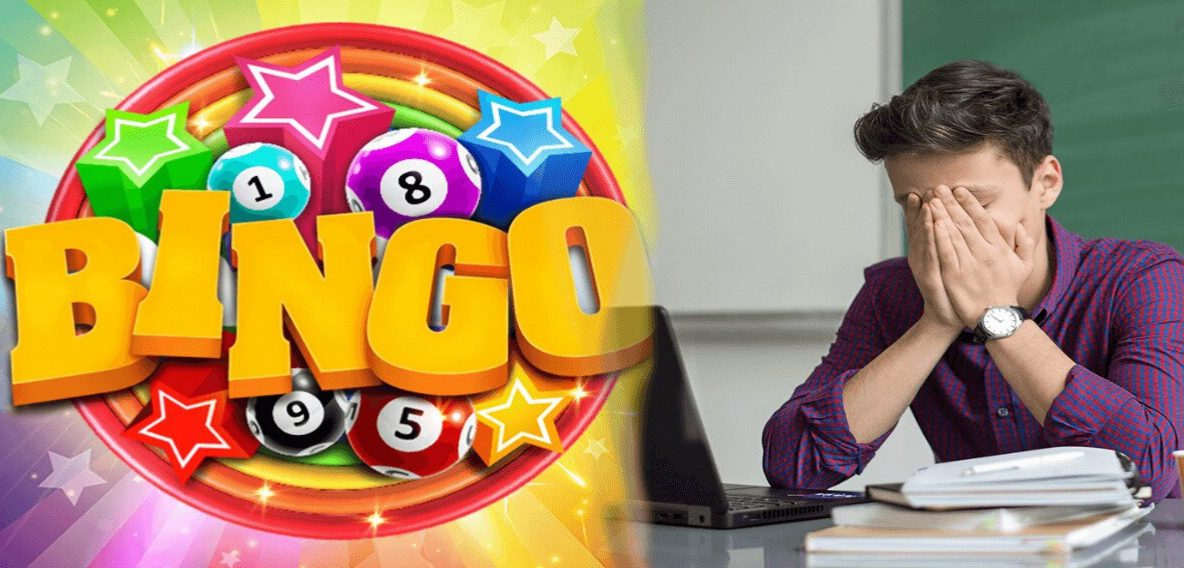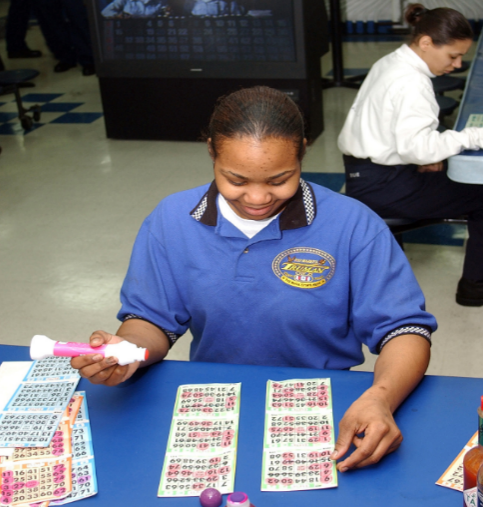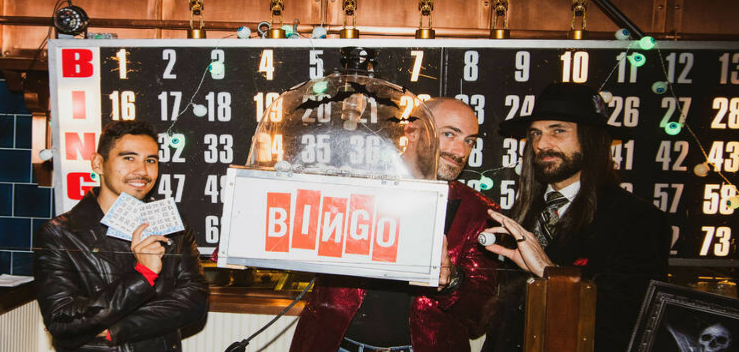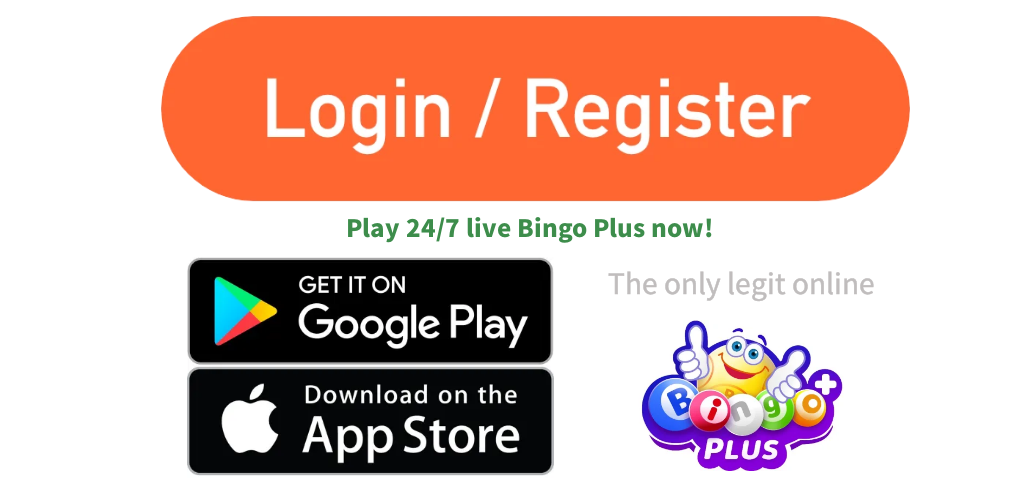At Bingo, always avoid distractions, respect game rules, and prioritize fairness and etiquette.
Misbehaving in the Hall
Bingo is a social game where respect and understanding are paramount. Proper behavior ensures everyone can enjoy the game without unnecessary interruptions or distractions. Here’s a breakdown of some common misbehaviors in the hall:

Talking Loudly During a Game
Engaging in loud conversations or commenting audibly about the ongoing game can be highly distracting for fellow players. Many individuals depend on listening intently to the bingo caller, and even slight noises can make them miss a number. It’s advisable to keep conversations to a minimum, and if you need to speak, use hushed tones. If there’s something really pressing, consider stepping outside the hall momentarily. Learn more from Wikipedia about the importance of attentiveness in Bingo.
Using Mobile Phones
While it’s understandable that everyone wants to stay connected, the bingo hall isn’t the place for loud ringtones or speakerphone conversations. If you’re expecting an urgent call, consider putting your phone on vibrate and excusing yourself from the hall to take the call. Additionally, refrain from using your phone’s flashlight or taking flash photographs, as this can be distracting. For a deeper dive into Bingo etiquette, check out this article on Wikipedia.
Distracting Other Players
Bingo requires concentration. Activities such as constantly moving in and out of rows, tapping pens loudly, or playing music without headphones can disturb others. Always be mindful of the space around you and try to minimize any behaviors that might detract from someone else’s experience. If you’re new to the game, Wikipedia’s history of Bingo can provide insights into its social norms and expectations.
Playing Unfairly
In any game, fair play is crucial for maintaining an enjoyable and respectful environment for everyone involved. Bingo, being a game of chance, should be approached with honesty. When players resort to deceitful tactics, it diminishes the integrity of the game and can lead to disputes. Below are some behaviors that are considered unfair in the realm of Bingo:
Altering Bingo Cards
Tampering with a bingo card to fabricate a win is one of the most egregious forms of cheating in the game. Some players might try to smudge numbers or even bring in pre-marked cards. Remember, the joy of Bingo lies in the thrill of genuine wins and losses. If you’re curious about how authentic Bingo cards are crafted, Wikipedia has a comprehensive breakdown.
Claiming a False Bingo
Shouting “Bingo” when you haven’t truly won can disrupt the game and frustrate other players. This tactic can be employed to disrupt the concentration of opponents or to try and claim a prize falsely. Always double-check your card before making a claim, and if you make an honest mistake, apologize promptly. To understand the various ways one can win at Bingo, check out this Wikipedia entry.
Colluding with Other Players
Teamwork might sound like a strategic advantage, but in Bingo, colluding with other players to share wins or manipulate outcomes is both dishonest and against the spirit of the game. This could involve pooling cards or intentionally distracting opponents. A genuine Bingo experience is one where each player competes independently. For more insights on the ethical gameplay of Bingo, Wikipedia offers a detailed perspective.

Bingo Etiquette Mistakes
Bingo is not just a game of luck; it’s also a social event where etiquette plays a pivotal role. Proper manners and understanding the unspoken rules can make the game more enjoyable for everyone. However, some common etiquette mistakes can mar the experience for both new and experienced players. Delving into these missteps can help ensure a harmonious Bingo environment:
Not Listening to the Caller
The caller is the heart of the Bingo game, announcing numbers and ensuring the flow remains steady. Not paying attention to the caller can lead to missed opportunities or even unintentional disruptions. If you’re busy chatting or focusing on something else, you might ask the caller to repeat, which can break the concentration of other players. For more on the role and importance of the Bingo caller, explore this Wikipedia page.
Arguing with the Caller or Staff
Disputes might arise, but it’s crucial to handle them with grace and patience. Aggressively confronting the caller over missed numbers or potential winnings is not only disruptive but also disrespectful. Staff and callers are there to ensure the game runs smoothly, and their decisions should be respected. If there’s a genuine concern, approach them calmly during a break or after the game. Wikipedia has more on the mechanics of the game and the roles of various personnel.
Being Ungracious in Victory or Defeat
Bingo is, at its core, a game of chance. Gloating after a win or showing visible frustration after a loss can make others uncomfortable. Celebrate wins with humility and accept losses with grace. Everyone is there to have fun, and a positive attitude, win or lose, enhances the experience for all. To understand the global appeal and the spirit of Bingo, check out this detailed article on Wikipedia.
Safety and Respect Concerns
Bingo halls, much like any other public gathering spot, have a set of unspoken rules to ensure both safety and respect for everyone. While engaging in the game, players should be mindful of not only the game’s rules but also the ethical considerations surrounding their actions in the hall. By understanding and avoiding the following concerns, players can contribute to a safer and more welcoming environment:

Not Respecting Personal Space
In the close quarters of a Bingo hall, it’s essential to be conscious of others’ comfort. This includes avoiding encroaching on their table space, not standing too close, and ensuring you’re not blocking aisles or exits. It’s all about creating a comfortable environment where everyone feels at ease. For more on social dynamics and human interactions in shared spaces, you can delve into this Wikipedia article.
Leaving Personal Belongings Unattended
While Bingo halls are generally safe places, it’s always wise to keep an eye on your belongings. Leaving bags, wallets, or other personal items unattended can be an invitation for theft or misplacement. Not only does this put your valuables at risk, but it can also disrupt the game if there’s a commotion regarding lost items. A general understanding of safety in public places can be found on Wikipedia.
Bringing Outside Food and Drinks
Many Bingo halls have specific rules about bringing in food and beverages from outside, primarily due to potential spills or disturbances. If you’re unsure about the policy, it’s best to ask beforehand or purchase items from the venue’s concession stands, if available. Not adhering to these guidelines can lead to potential damage to the facility or inconvenience to other players. For a broader perspective on the norms of social gatherings and events, explore this Wikipedia page.
Misunderstanding Game Variations
While Bingo might seem straightforward at first glance, various game variations can come with unique rules and nuances. Players, especially those new to the scene, might not be immediately familiar with all these subtleties. Being aware of common misunderstandings and addressing them proactively can prevent disruptions and ensure everyone has a rewarding experience:
Not Knowing the Rules of a Particular Game
Different Bingo halls or events might introduce specific game variations with their own set of rules. For instance, some might play “four corners,” “blackout,” or “pattern Bingo.” Jumping into a game without understanding its specific rules can lead to confusion and unintentional disruptions. Before the game starts, take a moment to familiarize yourself with the rules or ask for a rulesheet. If you’re keen on learning more about the diverse world of Bingo variations, Wikipedia offers a comprehensive overview.
Interrupting the Game to Ask Questions
While it’s natural to have queries, especially if you’re new or if something is unclear, interrupting the game flow to ask questions can be distracting for other players. If you have doubts, it’s advisable to either ask before the game begins or jot down your questions and approach the staff during a break. Remember, every player is trying to concentrate, and the caller has a rhythm to maintain. If you’re interested in understanding more about the intricacies of game interactions and their impact on gameplay, explore this article on Wikipedia.

